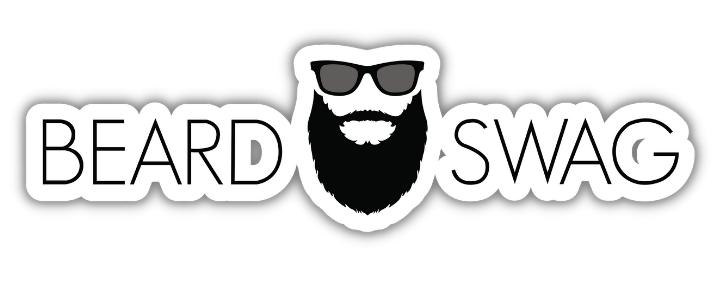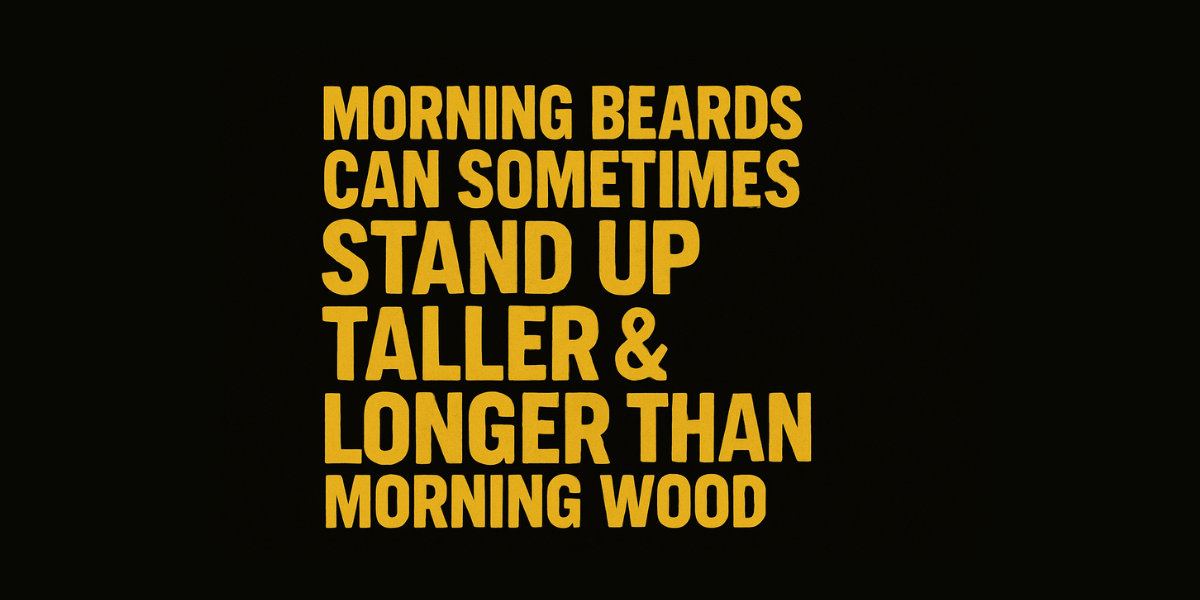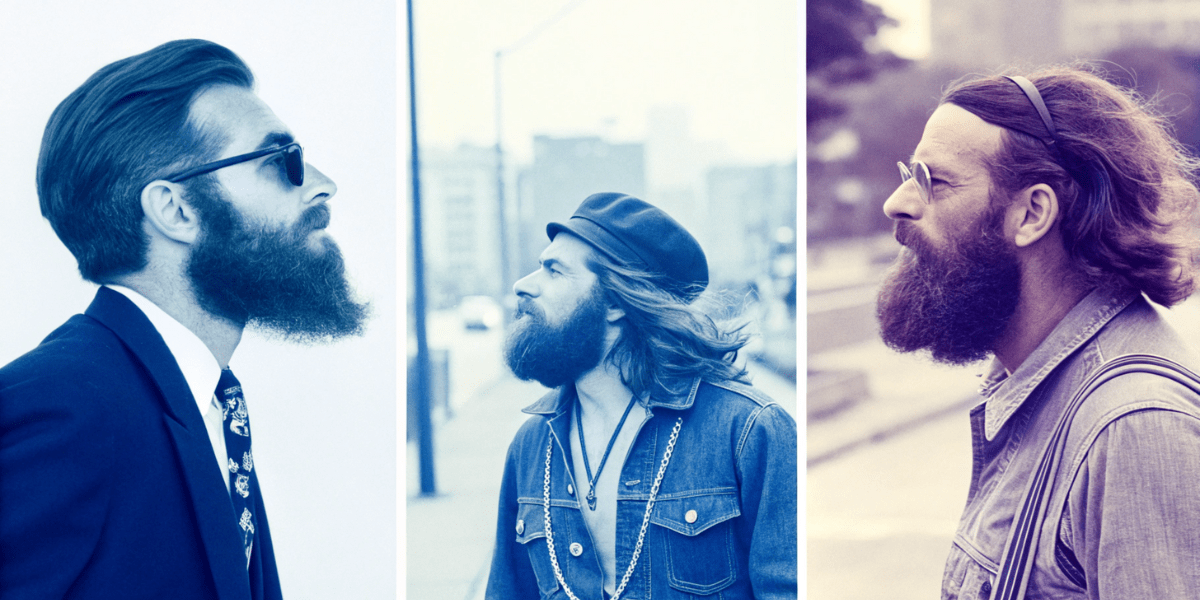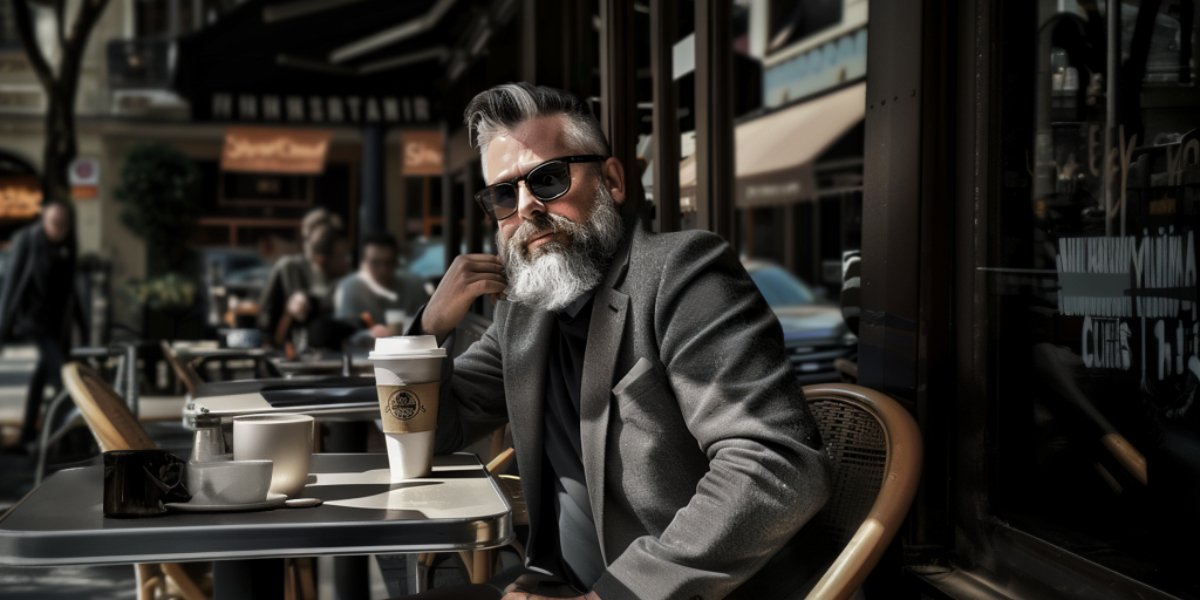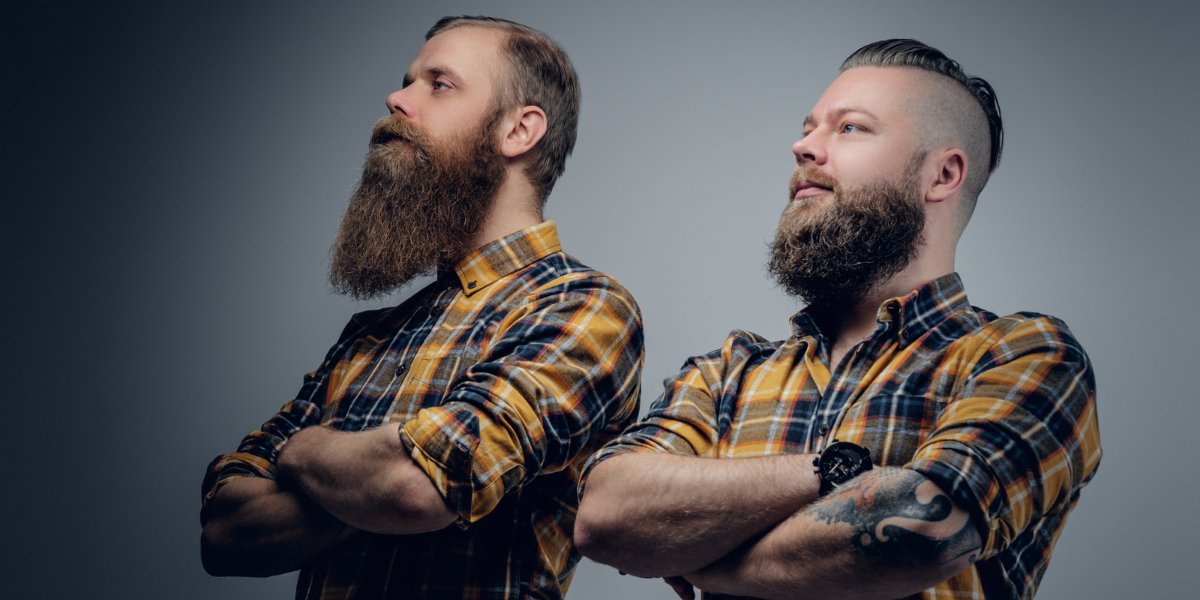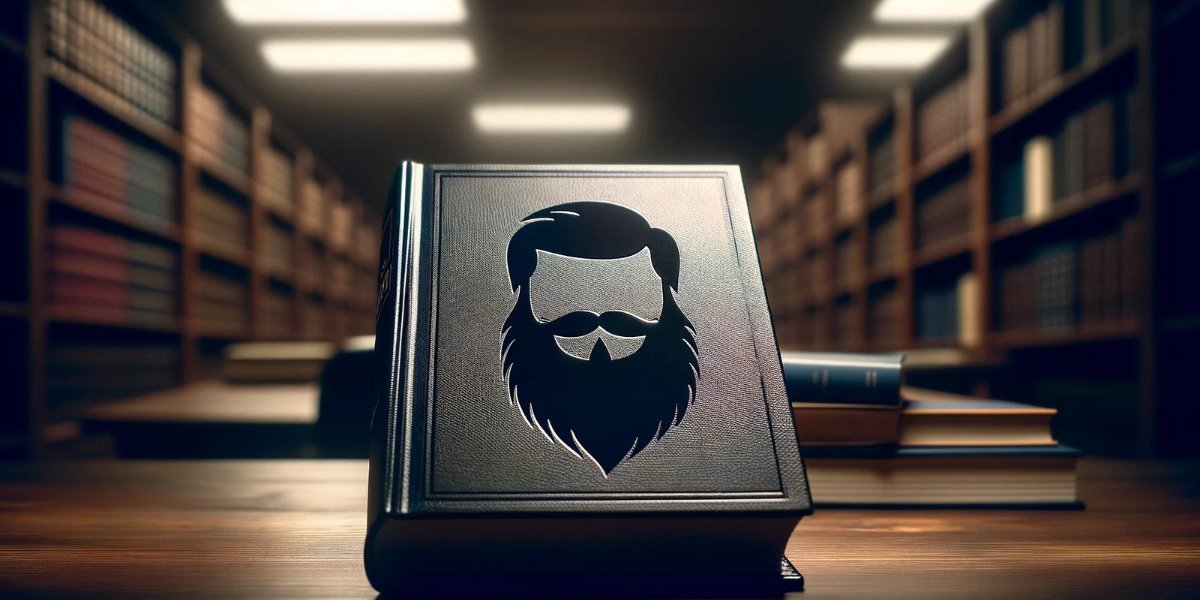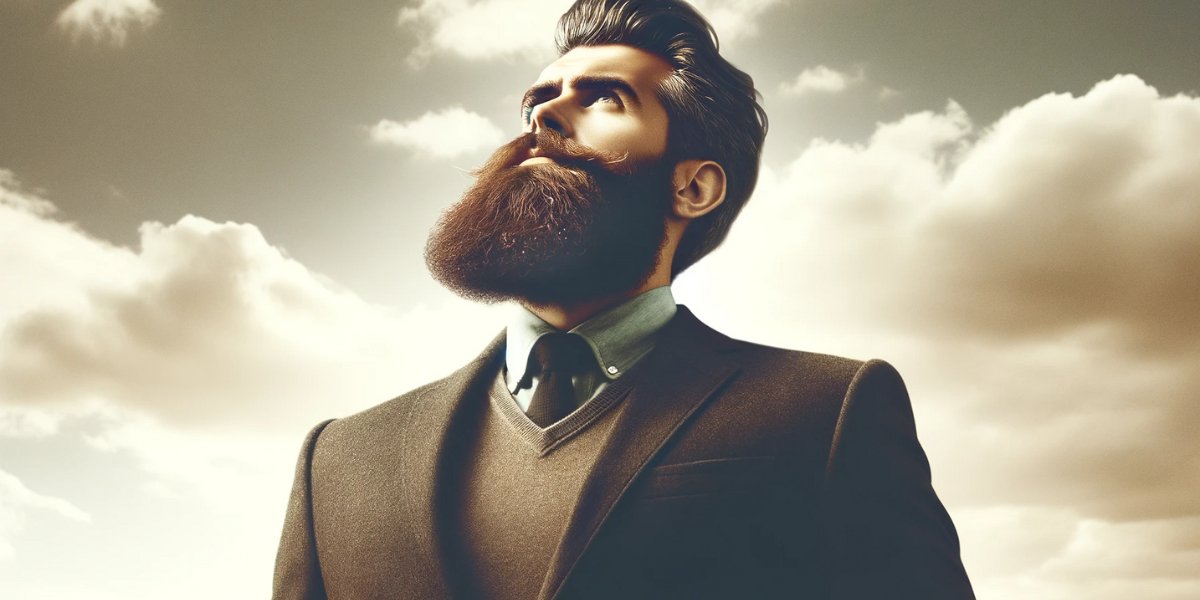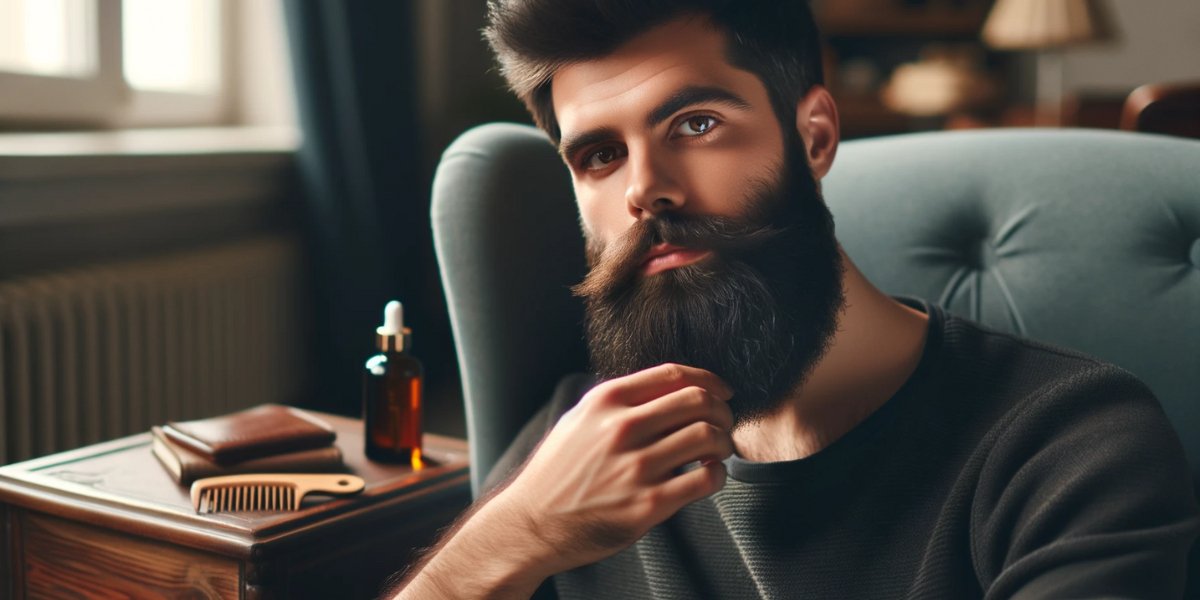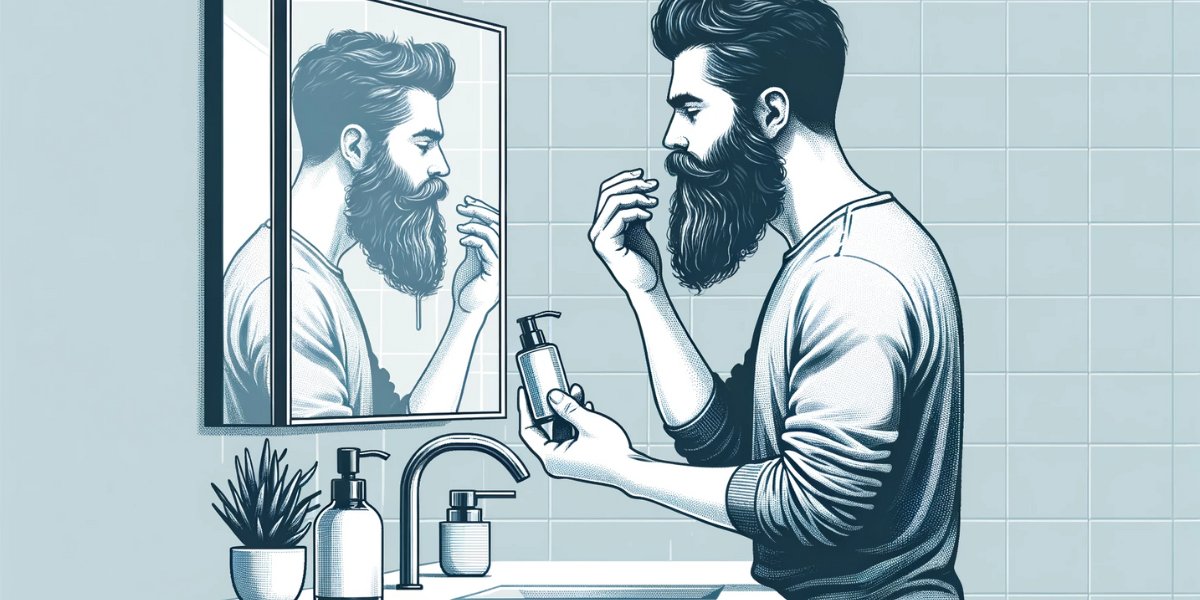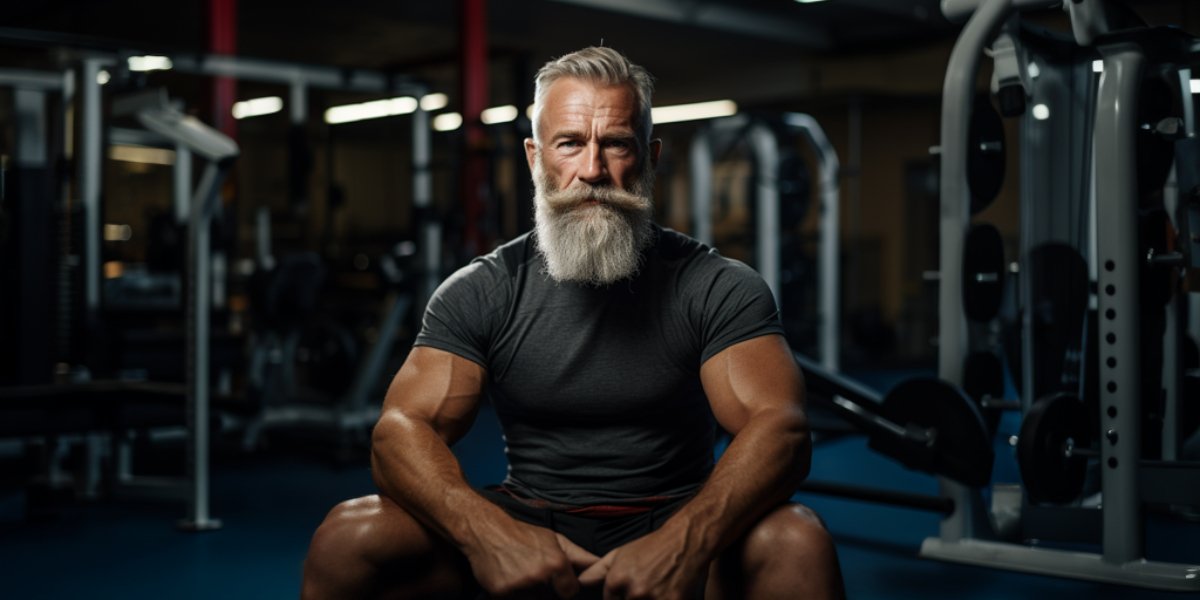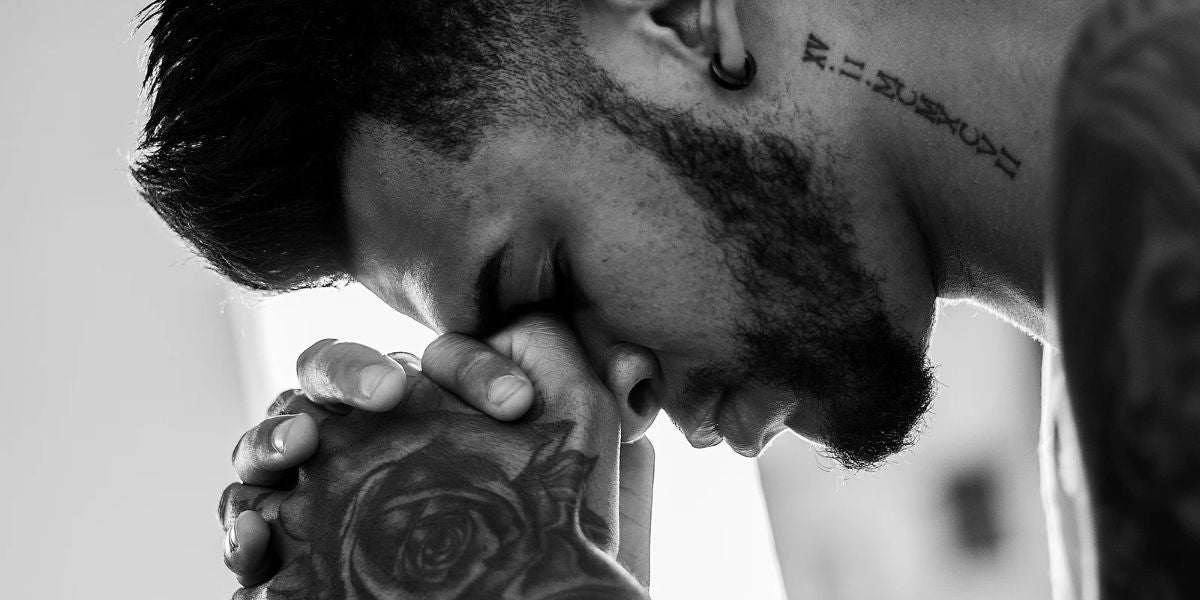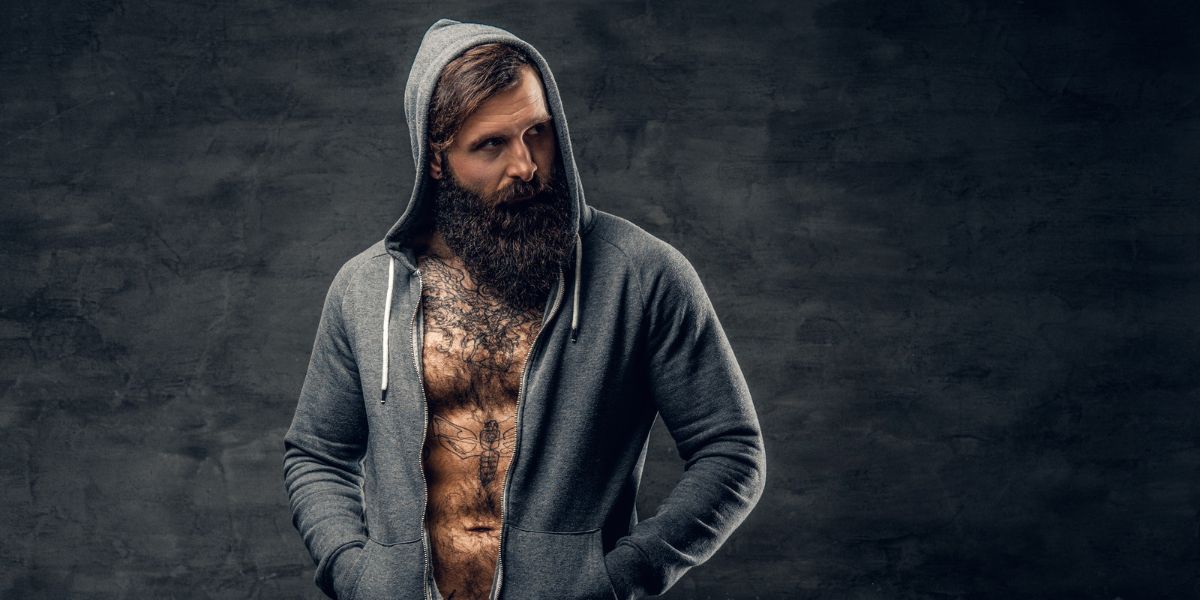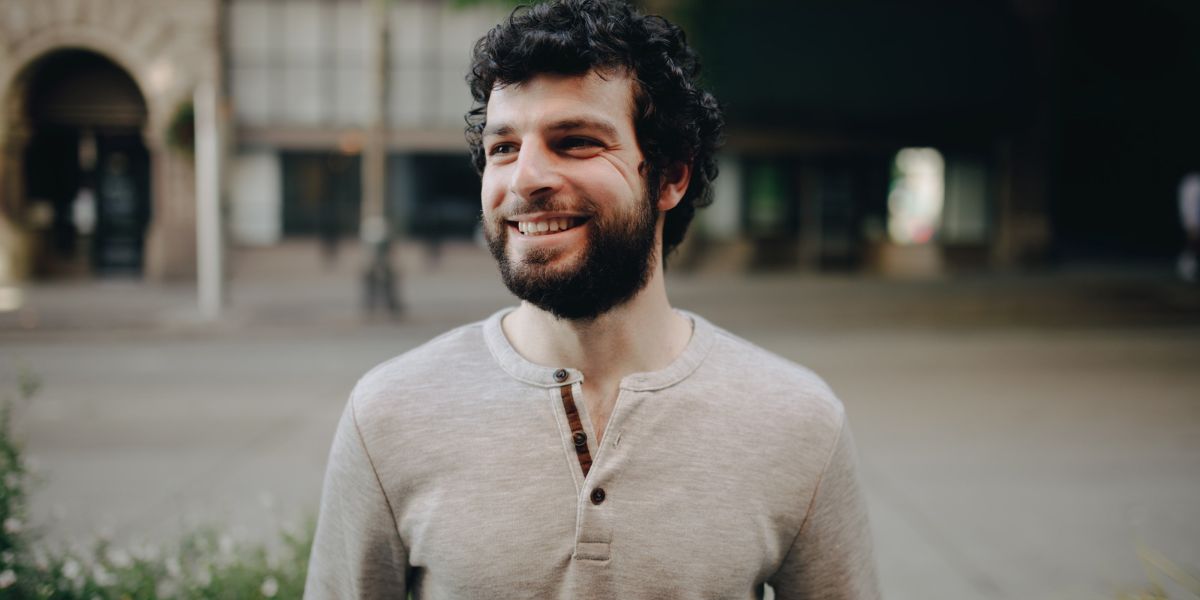BEARD SWAG
BLOG
A BLOG ABOUT BEARDS AND MEN'S HEALTH

DO BEARDS GET THICKER WITH AGE?

MMany men wonder if their beard will become thicker with age. The answer is yes, but not always. Genetics plays a role in the growth patterns of your hair, including facial hair. Other factors like diet, health conditions and disease may affect whether or not your beard becomes thicker as well. This article will explore these questions and more to help you determine if your beard will get thicker with age!
YES, YOUR BEARD CAN GET THICKER WITH AGE.
Yes, your beard can get thicker with age. But you'll need to be patient—it may take years to achieve the fullness and density you want.The exact amount of growth depends on a number of factors: genetics, diet, stress levels and overall health—all things that affect hair growth in general. It may take some time for your roots to catch up with the rest of your beard once it's there!In addition to these factors affecting overall thickness and density, there are also things like beard type (full or patchy) or growth pattern (square-shape vs round) that might play into the equation for how much volume grows at any given point in time.
GENETICSDETERMINES HOW THICK A MAN'S BEARD WILL BE.
The genetics of your body play a role in how thick your beard is. Some men have naturally thick beards, while others don't. If you have a naturally thin beard, there isn't much you can do to change it—but if you're unhappy with the thickness or fullness of your facial hair, there are steps you can take to try and grow thicker hair on your face.Some men notice that their facial hair gets thicker as they age; however, this doesn't happen for everyone. The amount of time it takes for any sort of significant growth varies from person to person depending on their genetics and other factors like diet and living habits (like stress levels).GROWTH PATTERNS VARY FROM PERSON TO PERSON.There are a lot of variables that determine beard growth patterns and thickness. Some factors include genetics, diet, environment and overall health. Even if you’re genetically predisposed to having thin hair or an extra thick head of hair, there are a few things you can do to help your beard grow fuller:Eat healthy foods with protein and ironDrink at least 2 liters (0.5 gallons) of water each dayExercise regularlyUse all-natural beard care products
CERTAIN HEALTH CONDITIONS MAY CAUSE A DECREASE IN BEARD GROWTH, INCLUDING DIABETES AND THYROID PROBLEMS.
Some health conditions can lead to hair loss and thinning of facial hair in both men and women. If you notice that your beard is getting thinner unexpectedly—and it's not because of something like over-trimming—it's worth talking to your doctor about having tests done on your thyroid levels. Diabetes also causes certain types of hair loss, including thinning of the eyebrows and underarms as well as decreased thickness in other areas like groin area pubic package region (GPAPH). If this happens to an older man who was previously hirsutely hairy then it might indicate diabetes or hypothyroidism which would require medical attention
SOME MEN FIND THEIR BEARDS BEGIN TO THICKEN WITH AGE AND MATURITY.
Some men find their beards begin to thicken with age and maturity. When a man's beard begins to fill in, he has the option of growing it out until it reaches a length that suits him.Some men find their beards begin to thin with age and maturity. When the hair on your face becomes sparse, you may want to wait for new growth that will help replace lost hair before trying anything drastic like shaving off your beard completely or getting one of those goatees that looks good on no one ever. Some men grow out their facial hair in order to compensate for thinning or patchy areas under their chins or cheeks—these are often known as "chin straps" or "sideburns."Other types of facial hair include mustache-only styles like chin curtains (a full strip of hair from earlobe down) or soul patches (a small triangle just beneath the lower lip).
CONCLUSION
As we've seen, your beard can change over time. However, there are many factors that can affect how thick your beard gets including genetics and health conditions like diabetes or thyroid problems. Age does play a role in hair thickness, but not all men experience this change as they get older.
